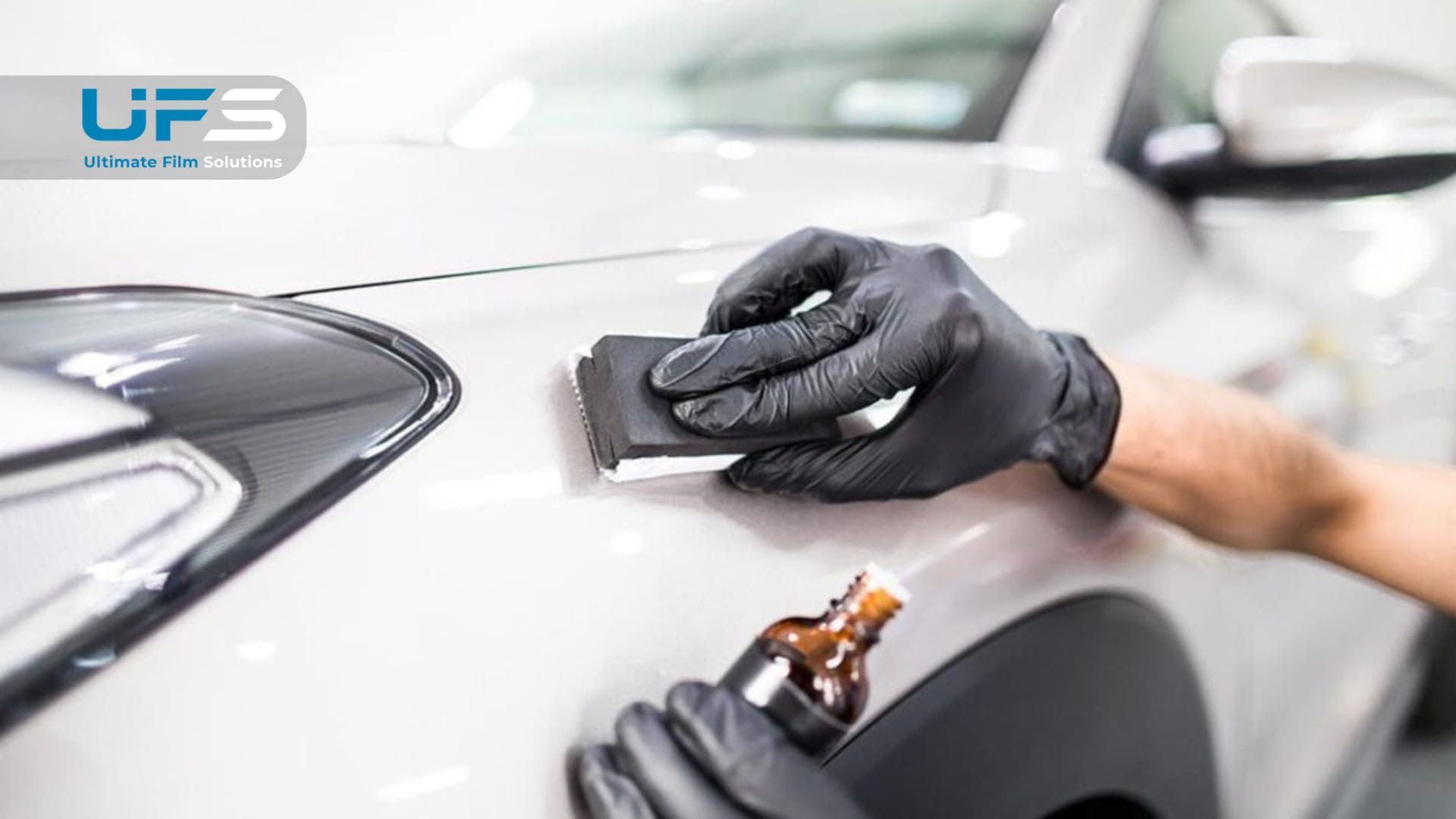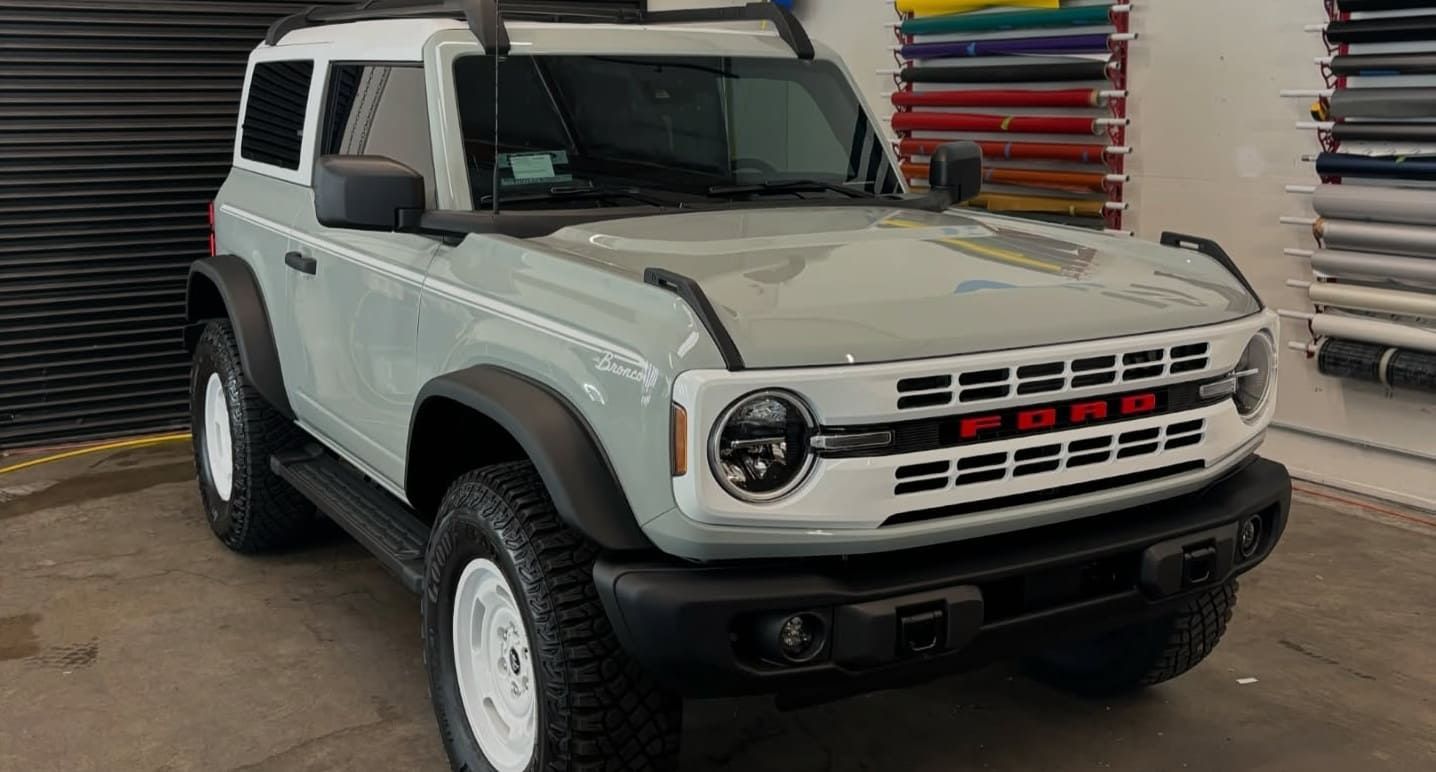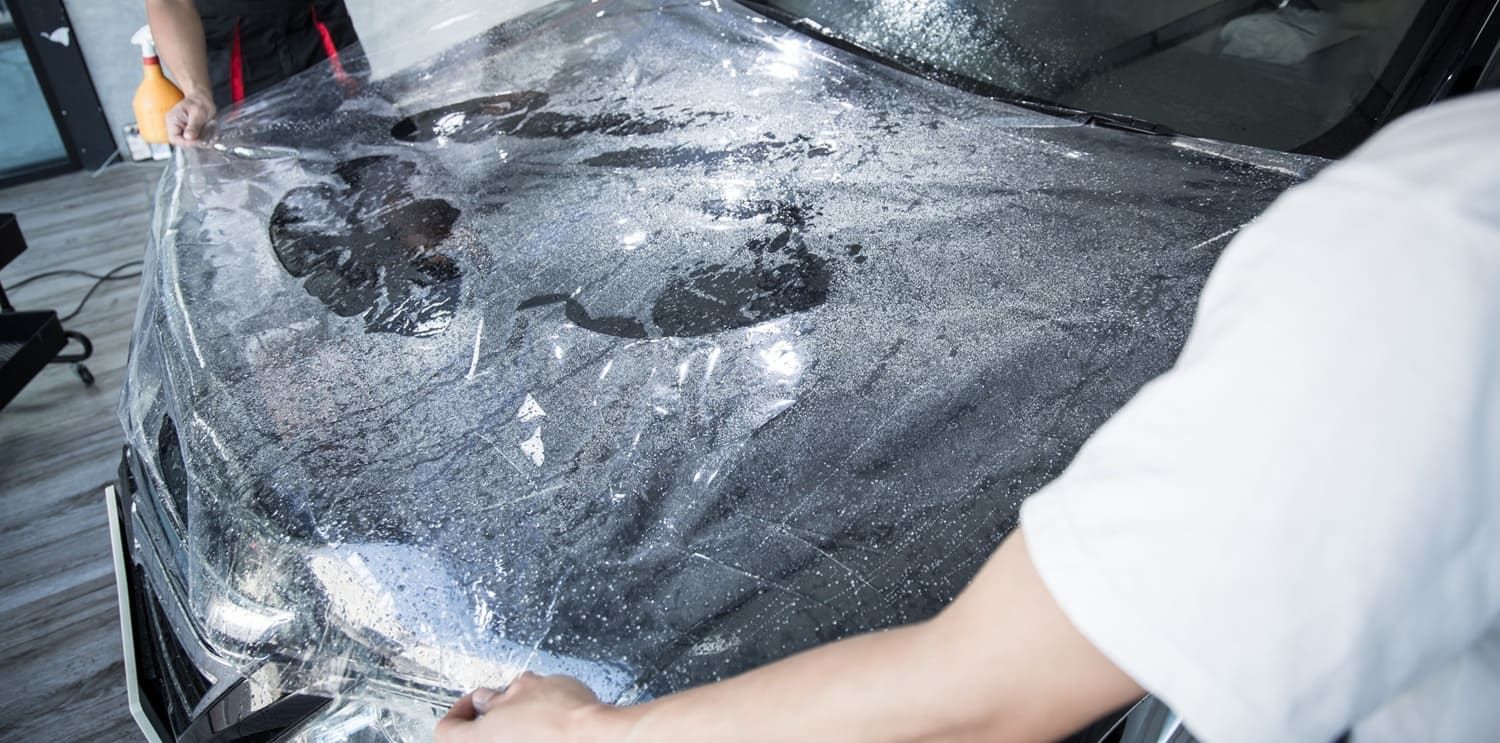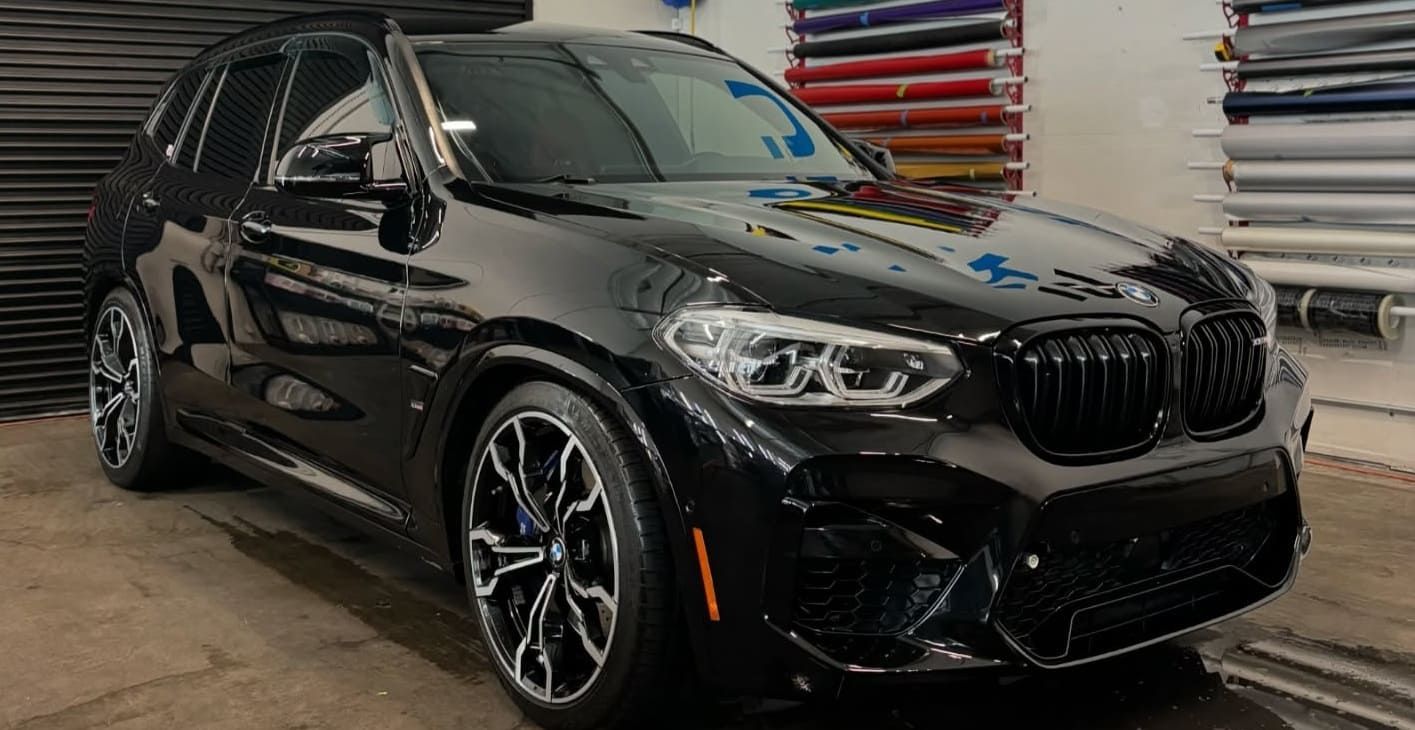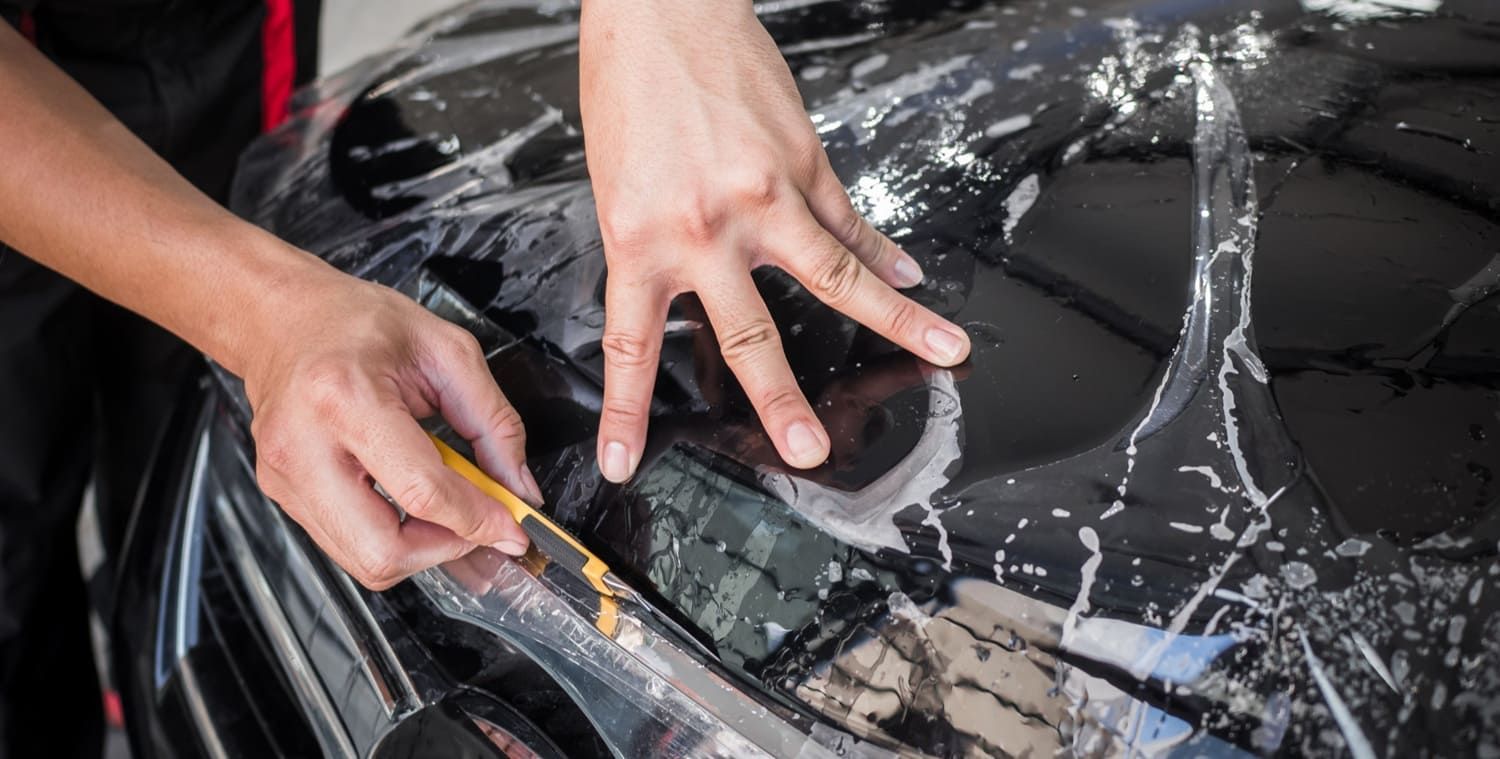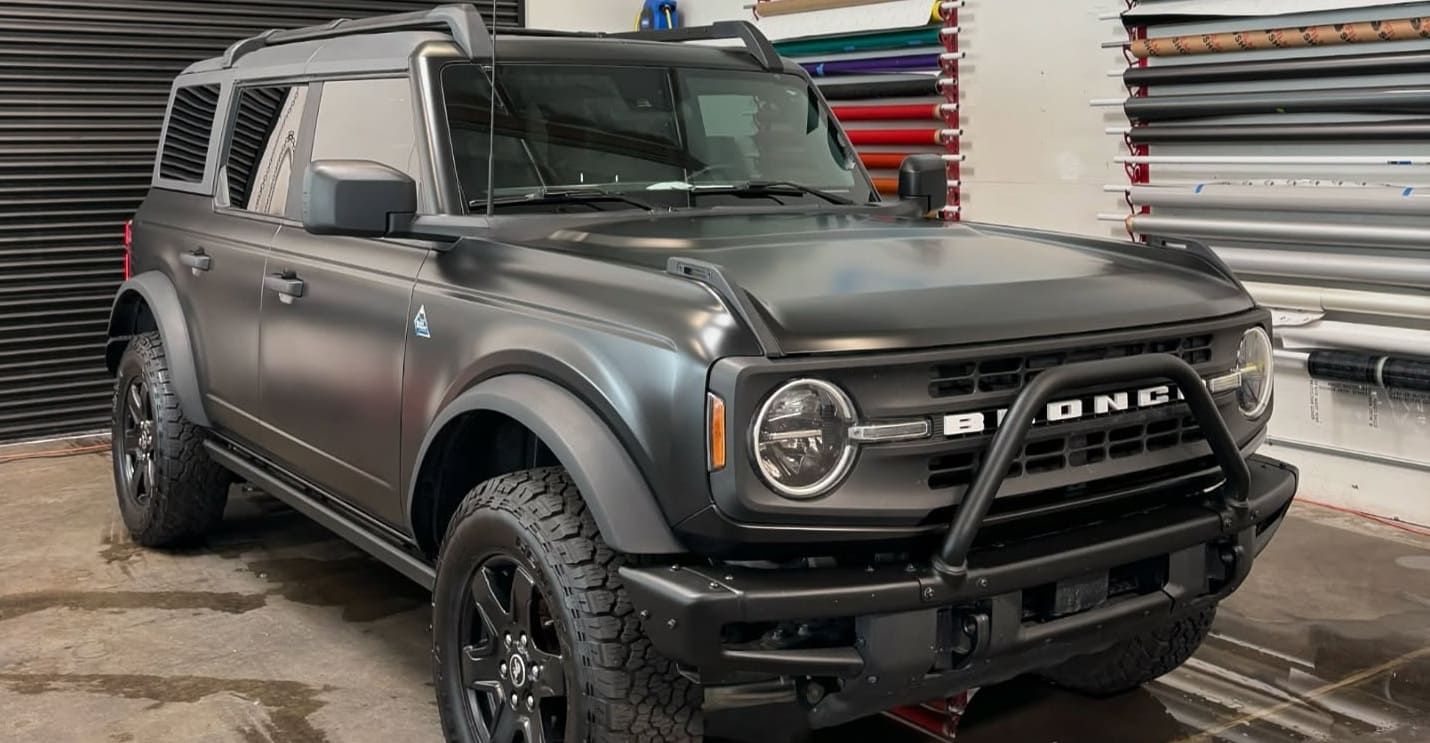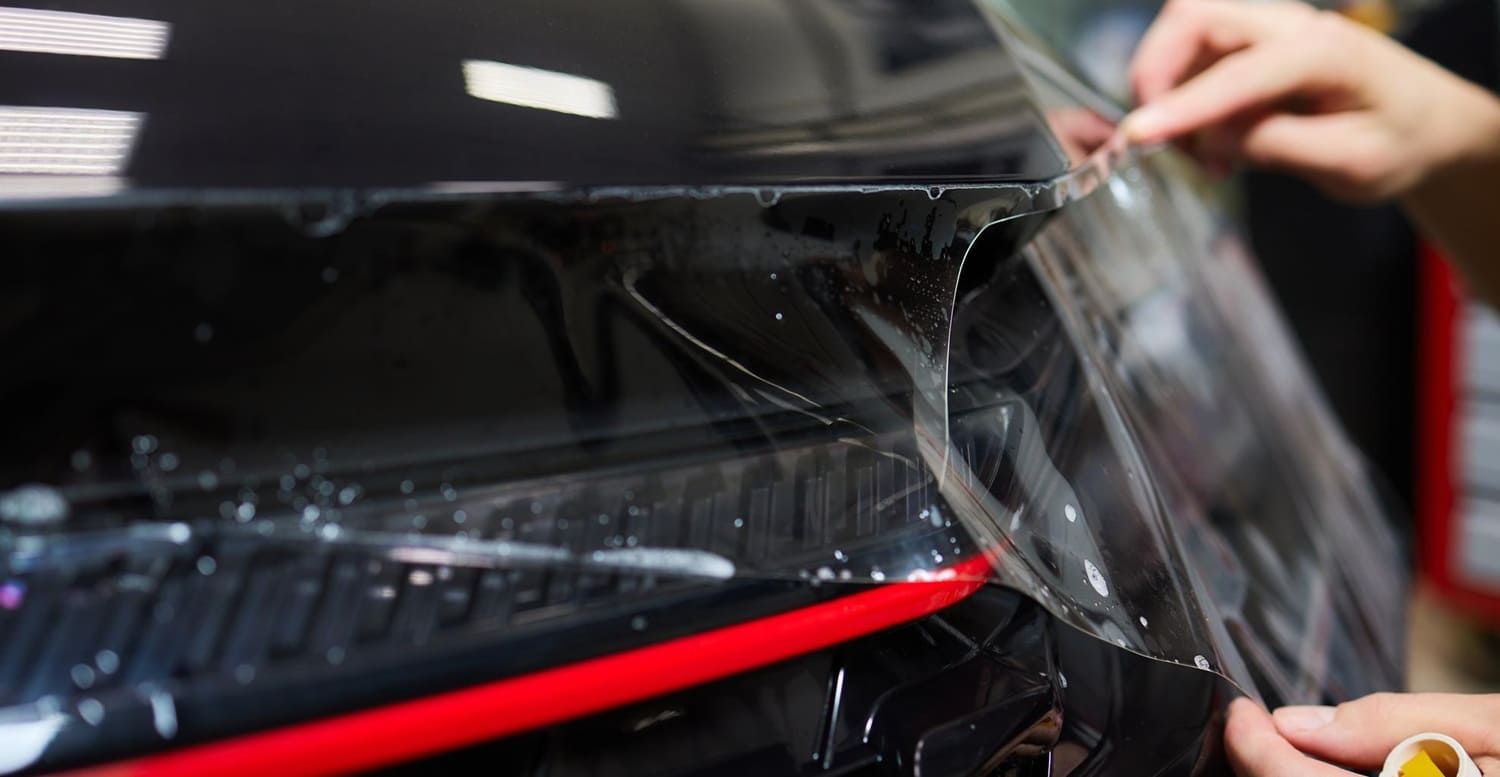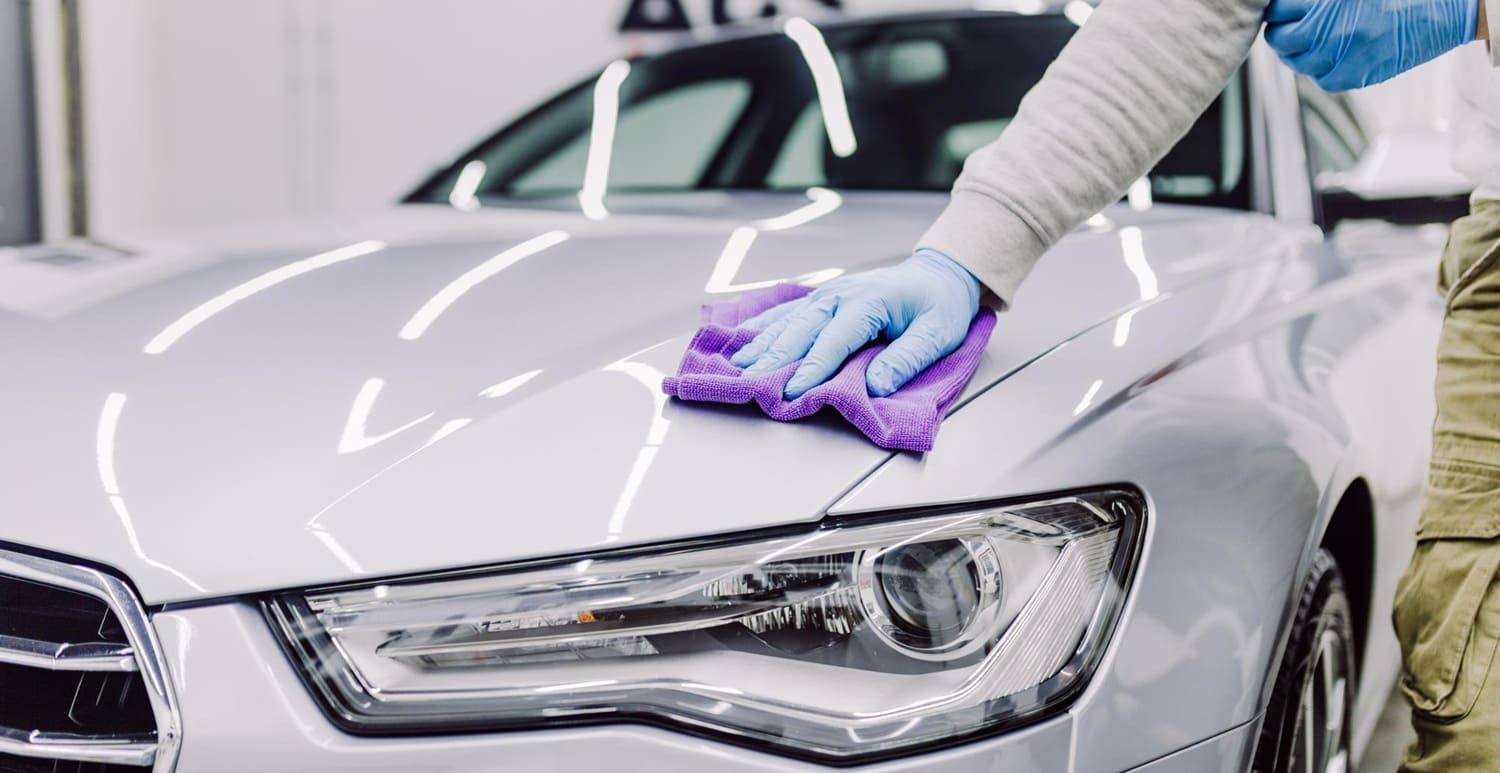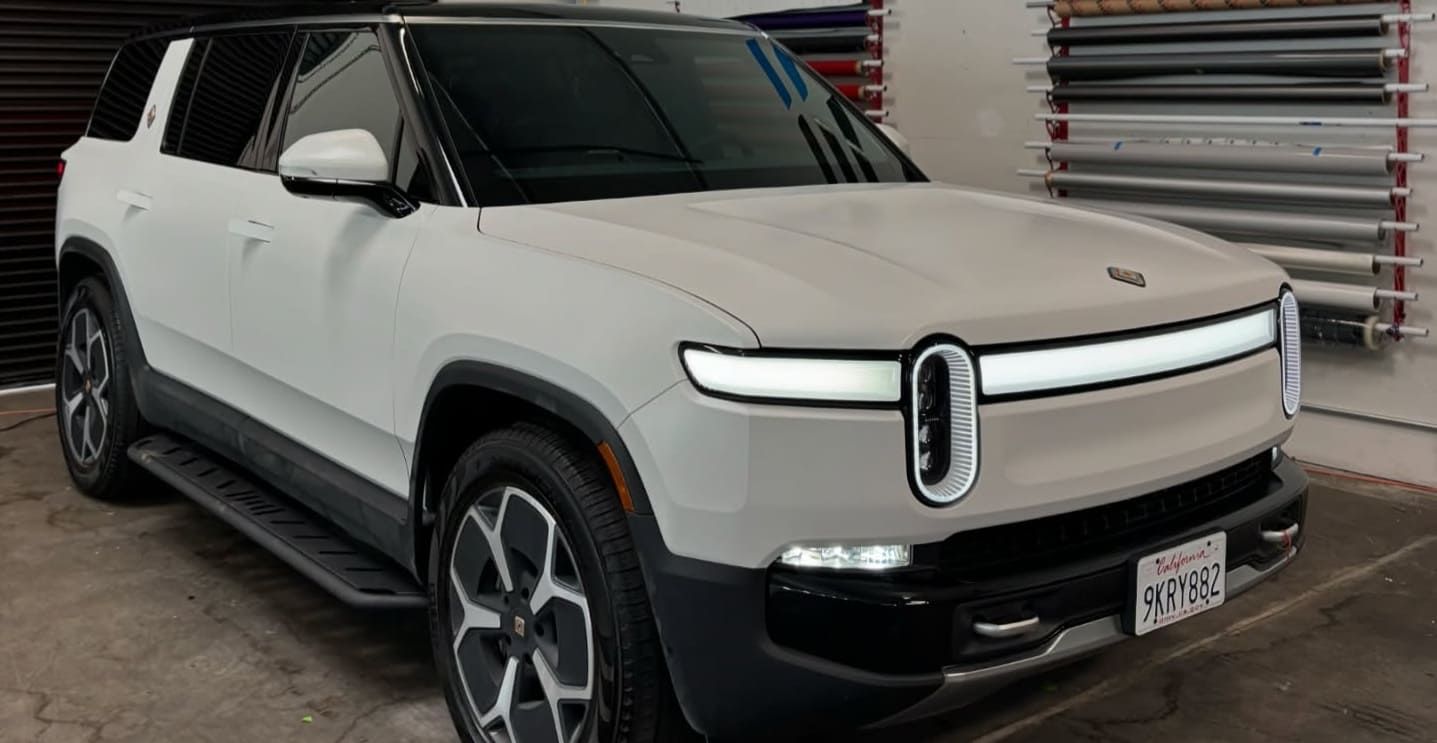Car Window Tinting Laws: What You Should Know Before Tinting
Considering tinting your car windows? While it can add style and offer privacy, it's important to understand the legal implications before you proceed. Window tinting laws vary by state, and not adhering to them can result in fines or the need to remove the tint altogether.
In this article, we'll explore the different aspects of car window tinting laws, how they vary by state, and what you need to know to stay compliant.
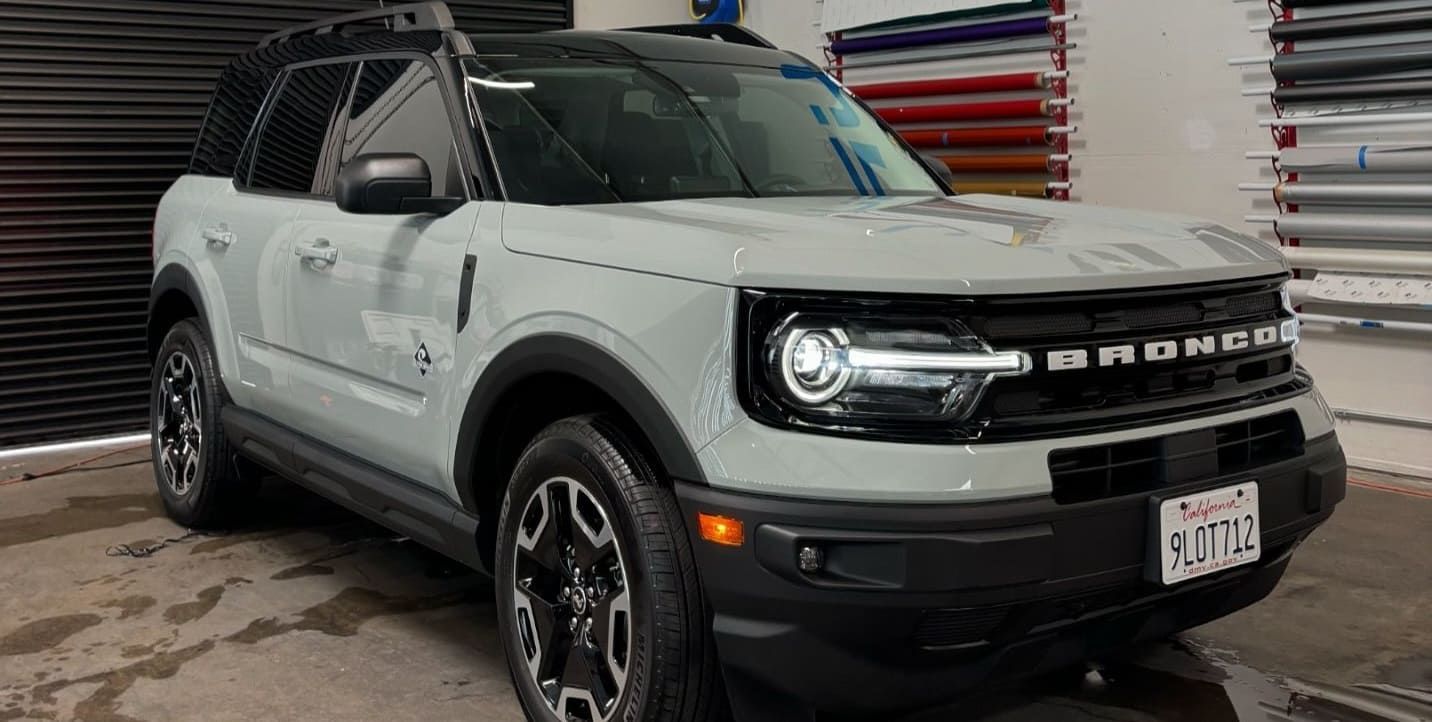
Why Window Tinting?
Car window tinting is popular for several reasons. It can reduce glare, block harmful UV rays, and keep the interior of your car cooler. Additionally, many people choose tinting for the added privacy it provides.
However, while the benefits are clear, so are the potential issues if the tint is not applied within legal limits.
Understanding Window Tint Laws
What Are Window Tint Laws?
Window tint laws are regulations set by each state that dictate how dark or reflective your car windows can be. These laws are in place to ensure driver visibility and safety for everyone on the road.
How Are Tint Levels Measured?
The darkness of window tint is measured by Visible Light Transmission (VLT), which refers to the percentage of light that can pass through the film and glass. For example, a 70% VLT means that 70% of light can enter through the window.
Some states also regulate how reflective the tint can be, which is referred to as the Visible Light Reflectance (VLR). This is to ensure that your car windows don’t create a glare for other drivers.
Car Window Tinting Laws by State
General Guidelines
Most states have specific regulations regarding the VLT percentage for car windows. These can vary greatly depending on the type of vehicle and the window in question. For instance, the rules for tinting the front windshield are often stricter than those for side or rear windows.
California Window Tint Law
California has specific laws regarding car window tinting:
- Front Windshield: Tinting must allow more than 70% of light to pass through.
- Front Side Windows: Must also allow more than 70% of light in.
- Back Side and Rear Windows: There are no restrictions on tint darkness.
It's important to note that reflective tints are not allowed on any windows in California.
Other State Tint Laws
Each state has its own set of rules, and it's crucial to check the regulations where your vehicle is registered. Here's a brief overview of some other states' tint laws:
- New York: Similar to California, requires 70% VLT on front side windows.
- Florida: Allows for 28% VLT on front side windows and 15% on the back side and rear windows.
- Texas: Permits 25% VLT on front side windows and any darkness on the back side and rear windows.
Exemptions and Special Cases
Some states offer exemptions for medical reasons. If you have a condition that necessitates darker window tinting, you may be able to apply for a special permit. Always consult local laws to see if you qualify for an exemption.
Consequences of Non-Compliance
Failing to adhere to window tint laws can lead to penalties. These can include fines, orders to remove the tint, or even failed vehicle inspections. It's always more cost-effective to ensure compliance from the start than to deal with potential legal issues later.
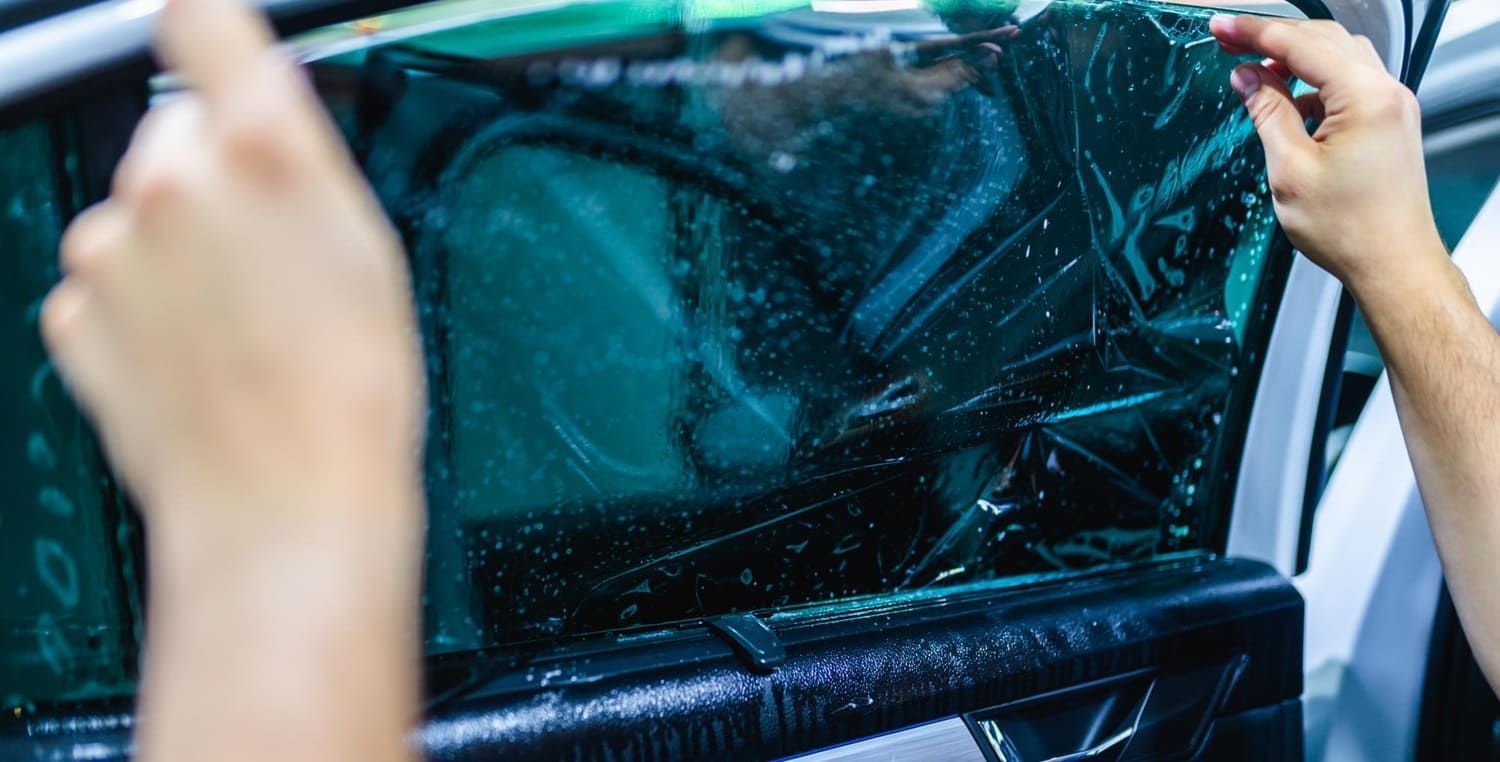
Tips for Choosing Legal Tint
Know Your State's Laws
Before applying any tint, research the specific laws in your state. This will help you choose a product that is both effective and legal.
Consult a Professional
When getting your windows tinted, it's wise to consult with a professional installer. They can provide guidance on the legal limits and help you choose the right product for your vehicle.
Consider Your Vehicle Type
Remember that regulations can differ based on the type of vehicle you own. For example, cars and SUVs might have different allowable tint levels.
Maintaining Your Window Tint
Proper maintenance can extend the life of your window tint. Avoid using harsh chemicals or abrasive materials when cleaning your tinted windows. Instead, use a soft cloth and mild detergent to keep them looking their best.
Conclusion
Understanding car window tinting laws is essential before you decide to tint your windows. By familiarizing yourself with state-specific regulations and consulting with professionals, you can enjoy the benefits of window tinting without facing legal repercussions.
At Ultimate Film Solutions, we offer Professional Window Tinting with high-end Suntek Films for Sacramento & North Hollywood and Los Angeles Nearby Areas. Contact us today for a free estimate and ensure your vehicle looks great while staying compliant with the law.

